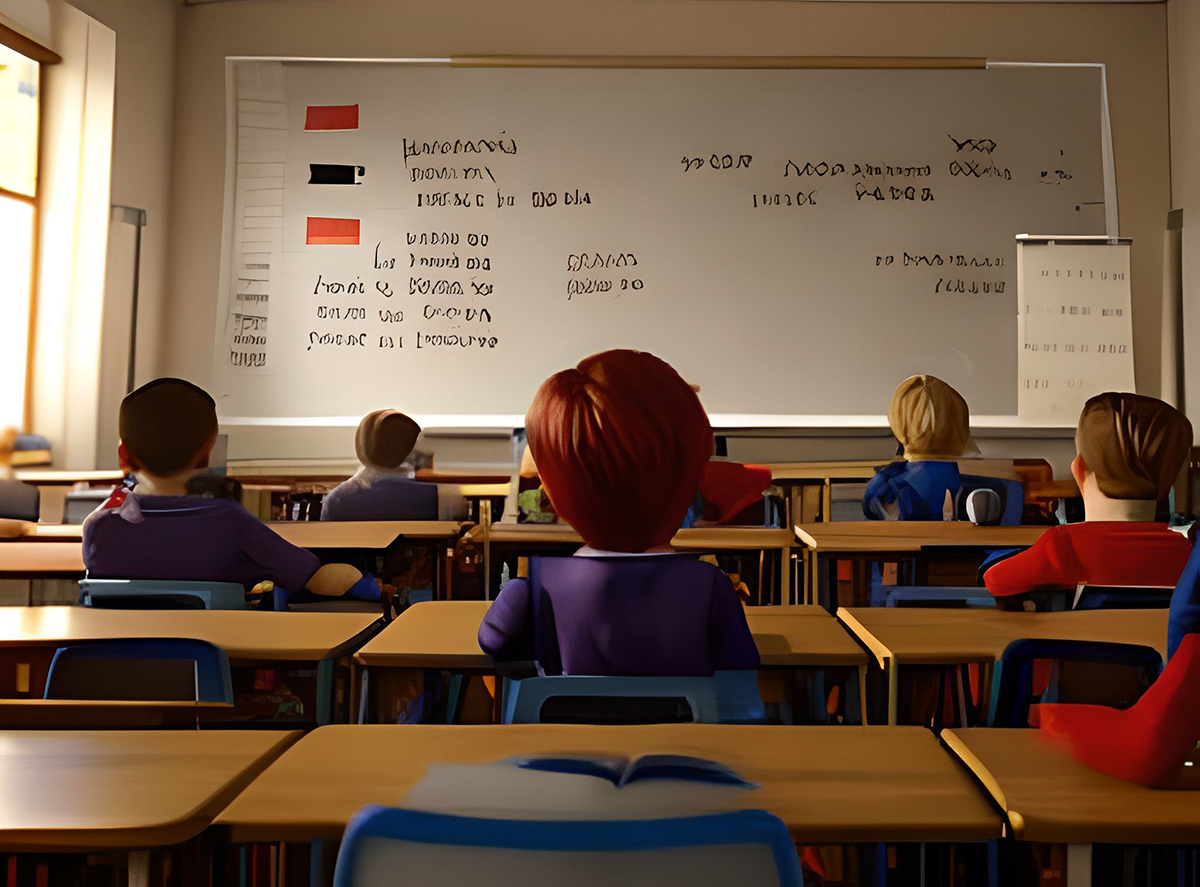Classes 6 and 7
Graduation from primary school means first steps into middle school.
The way forward:
- Syllabus followed - a blend of the courses followed in Edexcel, CBSE and ICSE Boards
- The Class 6 syllabus - a complete summary of all basic concepts dealt in primary – a key step for a thorough understanding - Instilling self-confidence
- Science comprises of Physics, Chemistry and Biology
- Class 7 subjects – venture deeper into the concepts
- Covers a wide range of topics
It is essential that children have a strong footing in the fundamentals of the subjects that they would want to choose when they pursue their higher studies.
Yet another addition in this class is the introduction of a 3rd Language, where Sanskrit is offered as a choice. More the language exposure, more the prospects of being part of a multi lingual society

The reason for choosing Sanskrit is that it is beyond just a language. More than 95% of Sanskrit literature deals with philosophy, law, science, literature, grammar, phonetics, interpretation etc. In 1985, NASA scientist Rick Briggs, in his paper, “Knowledge Representation in Sanskrit and Artificial Intelligence”, discusses why Sanskrit is one of the best languages to use as computer language. According to him, Sanskrit is the characteristic language where a message can be sent by a computer using the least number of words.
The first German Scholar of Sanskrit was Heinrich Roth (1620-1668). Then there was the poet, philosopher and indologist, Friedrich Von Schlegel (1772-1829) who, in 1808, published an epoch-making book, Über die Sprache und Weisheit der Indier (On the Language and Wisdom of India). In the book, he advanced his ideas about religion and argued that people originating from India were the founders of the first European civilisations. Schlegel compared Sanskrit with Latin, Greek, Persian and German, noting many similarities in vocabulary and grammar. He also said, “India is superior in everything — intellectually, religiously, even Greek heritage seems pale in comparison.” There was also Gottfried von Herder (1744-1803), a philosopher and theologist, who said: “‘Mankind’s origins can be traced to India where the human mind got the first shapes of wisdom and virtue.”
Max Muller (1823-1900), a German living in Britain, was the first to translate the Rig Veda. He also published The Sacred Books of the East, 49 volumes of which appeared between 1874 and 1884. His main aim was to find the fault lines in what he considered a pagan religion. However, he became more and more impressed by what he found in the Vedas. “‘If I were asked under what sky the human mind has most fully developed some of its choicest gifts, has most deeply pondered over the greatest problems of life, and has found solutions of some of them which well deserve the attention even of those who have studied Plato and Kant, I should point to India. And if I were to ask myself from what literature we who have been nurtured almost exclusively on the thoughts of Greeks and Romans, and of the Semitic race, the Jewish, may draw the corrective which is most wanted in order to make our inner life more perfect, more comprehensive, more universal, in fact more truly human a life…again I should point to India,” he said.
There is a great demand for studying and researching Sanskrit in German Universities.


